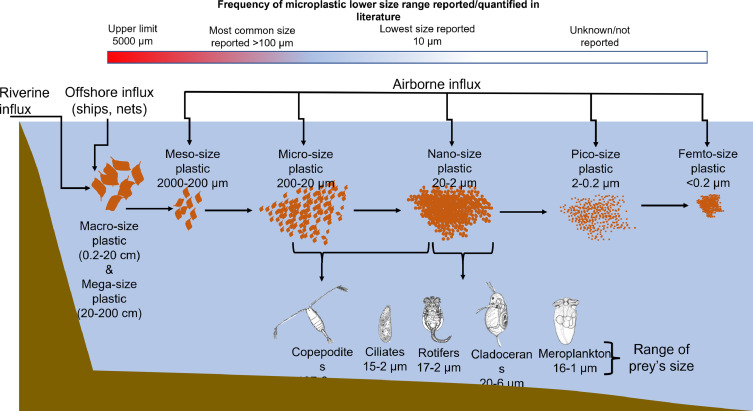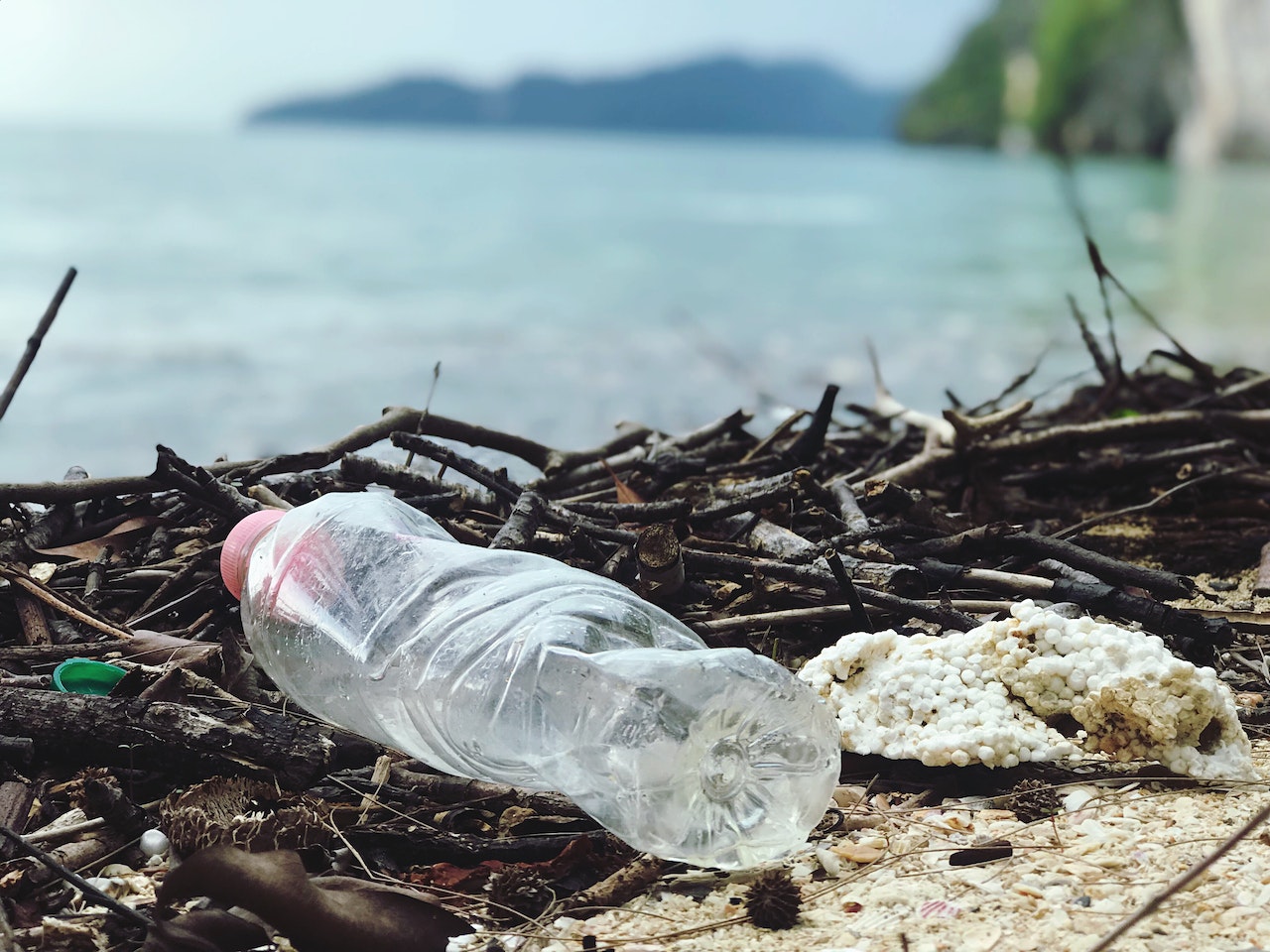How to Filter microplastics
Microplastics: A Hidden Threat to Our Oceans and Health

There is an increase in the number of people who are concerned about the rising levels of microplastics in our oceans and the potential harm they pose to marine life and human health. Microplastics are tiny plastic particles measuring less than 5 millimeters in size and can be a small as <0.2 µm (microns), which are classified as femto plastics. These microplastics are present in a wide range of products, from cosmetics to clothing. They are also a byproduct of the breakdown of larger plastic items that have not been properly disposed of. One of the primary dangers of microplastics is their ability to absorb and retain toxic chemicals, such as persistent organic pollutants and heavy metals.
These contaminants can then be transferred to marine life, crops, and other organisms that ingest the microplastics, leading to potential health consequences. Moreover, microplastics have been found in seafood and drinking water, and there is increasing evidence that they can also pose a risk to human health when ingested.

The increasing levels of microplastics in our oceans are also having a significant impact on marine life. The small size of the particles means that they can easily be ingested by a wide range of species, from zooplankton to marine mammals. This ingestion can lead to physical harm, as the particles can clog the digestive tract, and it can also affect the animals' ability to feed and reproduce.
Another major problem with microplastics is their persistence in the environment. Unlike biodegradable materials, microplastics do not break down easily and can persist in the ocean for hundreds of years. This means that the problem of microplastics in the ocean is not going away anytime soon and will continue to pose a threat to marine life and human health.

How to Filter Microplastics from Your Drinking Water

As concerns about the presence of microplastics in our drinking water continue to grow, many people are looking for ways to filter out these tiny plastic particles. While the issue of microplastics in drinking water is complex and requires a comprehensive solution, there are several steps that individuals can take to reduce their exposure to these particles.
One of the most effective ways to reduce the levels of microplastics in your drinking water is to use a high-quality water filtration system. There are several types of filters available on the market today, including activated granular carbon filters, solid carbon block filters, reverse osmosis filter systems and ceramic filters. Granular activated carbon filters (carbon sand) are generally considered the cheapest and least effective ways to filter microplastics from drinking water. Unfortunately this type of carbon sand is the most common filter media found in filters today. We have made the decision not use this type of filter media for our filters at Epic Water Filters.
When choosing a water filtration system, it is important to select one that has been 3rd party tested by a reputable lab for the removal of microplastics. This testing would be found in the data performance sheet that should be available with the water filter. This ensures that the filter you purchased is effective at removing this contaminant.
Another option for filtering microplastics from your drinking water is to use a pitcher filter. Brands such as Brita and others offer filters that use granular activate carbon filters. As discussed, these filters are not effective at reducing microplastics and other contaminants in your drinking water but are good at making your water smell better. At Epic, we use solid carbon filters that work by forcing water through thousands of layers of activated compressed carbon that trap the particles in these layers. It is important to replace the filter in these pitchers on a regular basis to ensure that they are working effectively as the more contaminants they catch, the slower the filter will become. We have always looked at this as a good thing. Either the filter catches the contaminant or your body becomes the filter.

Finally, it is important to reduce your use of single use plastic water bottles to help reduce the amount of microplastics in your drinking water. Single use plastic bottles are a major source of microplastics in the environment, and they can release small particles into the water over time. Instead of using these single use plastic water bottles, consider using a reusable filtered water bottle made of BPA free plastic, stainless steel or glass. The filter inside your water bottle can provide an extra layer of protection from microplastics when you are on the go. A recent study by Frontiers in Chemistry, analyzed 259 bottled water products sold in multiple countries and found that 93% of them contained microplastics.
The 11 bottled water brands tested in this study published in Frontiers in Chemistry were some of the most popular brands and widely available in the United States. Samples from the brands tested varied in plastic concentrations in the water and the average across all of the brands was 325 microplastic particles per liter of bottled water. You know if microplastics are in bottled water, they are surely in bottled sports drinks and soda which are bottled in the same cheap #1 PET plastic water bottles. #1 PETE - Polyethylene terephthalate (PET) is commonly used for most bottled water, soda, cooking oils, juice and other foods. When reused or exposed to heat or left in the sun, this type of plastic bottle can leach the chemical phthalate into the water or soda. Unfortunately, phthalates have been linked to be hazardous health effects including adverse reproductive outcomes in both women and men, type II diabetes & insulin resistance, obesity, allergies, and asthma.
In conclusion, filtering microplastics from your drinking water requires a multi-pronged approach. By using a high-quality home water filtration system, using a pitcher with a solid carbon block filter and reducing your use of single use plastic water bottles, you can help reduce your exposure to these tiny plastic particles. Additionally, it is important to support efforts to address the larger problem of microplastics in our environment and to continue to advocate for safer, more sustainable practices in the production and disposal of plastic products.






Share:
Bioaccumulation & Biomagnification of Heavy Metals and Toxic Chemicals
What Happens When We Drink Water